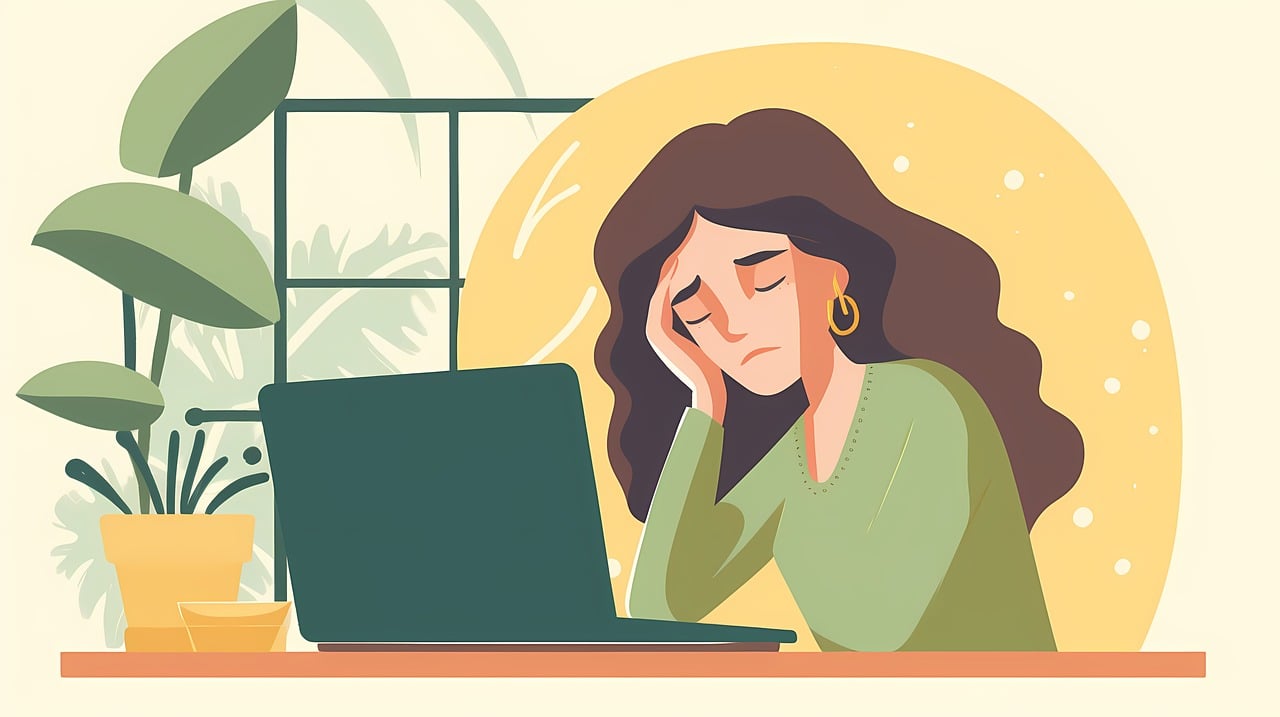The demand for productivity often leads to unrealistic expectations and constant pressure to meet tight deadlines, creating an environment conducive to burnout
- Lack of control over one's work: Feeling micromanaged or having limited autonomy can strip employees of their sense of agency, fostering frustration and helplessness. Unclear expectations exacerbate the situation, casting ambiguity over job roles and responsibilities.
- Blending professional and personal life: Technology enables constant connection to work, blurring the boundaries between professional and personal life. The 24/7 accessibility disrupts the delicate balance between job demands and the need for personal time.
- Absence of recognition: When hard work and achievements go unnoticed, employees can feel undervalued and demoralized, creating the conditions for burnout.
- Toxic company culture: A culture characterized by gossiping, excessive negativity, dogmatism, relentless blaming, and cynicism leads to employee detachment, quiet quitting, and ultimately, resignation.
John recognized the signs of burnout and took proactive steps to address them. He sought professional support, took personal responsibility, and developed actionable strategies for a more sustainable and successful professional and personal life. His advice for others facing similar challenges includes:
- Prioritize and manage your workload: Create a to-do list, prioritize tasks, and set realistic deadlines. Learn to say no to additional tasks when your plate is already full.
- Communicate effectively: Talk to your manager about workload expectations, work processes, and any concerns you may have. Seek clarification and feedback whenever needed.
- Establish clear boundaries between work and personal life: Avoid checking work emails or messages outside work hours. Dedicate time to personal pursuits and relaxation.
- Take regular breaks: Step away from your desk throughout the day to stretch, walk, or clear your mind.
- Engage in stress-relieving activities: Exercise regularly, practice relaxation techniques like meditation or yoga, and pursue hobbies that bring joy.
- Seek support: Talk to friends, family, a coach, or a therapist.Remember, you are not alone. Workplace stress and burnout are increasingly prevalent issues that affect many individuals. By identifying the root causes, recognizing the symptoms, and implementing effective strategies, you can create a calmer, more balanced, and more fulfilling work life.


